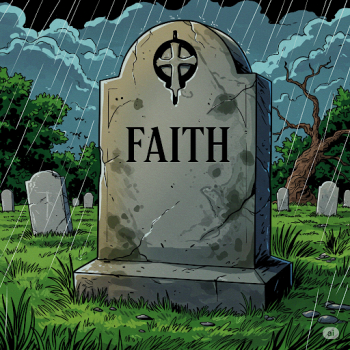It is my pleasure to introduce David Moffitt, author of Rethinking the Atonement: New Perspectives on Jesus’s Death, Resurrection, and Ascension (Baker Academic). Dr. David M. Moffitt is Professor of New Testament and Early Christianity at the University of St Andrews (Fife, United Kingdom). He is also Extraordinary Researcher, The Unit for Reformational Theology and the Development of the South African Society, Faculty of Theology, North-West University in Potchefstroom, South Africa. His book, Atonement and the Logic of Resurrection in... Read more





















Beverly Roberts Gaventa on Romans: An Interview
I have the privilege of interviewing Beverly Roberts Gaventa on her new commentary on Romans. As many already know, Dr. Gaventa is one of the foremost authorities on Romans and the apocalyptic Paul. She is Helen H. P. Manson Professor Emerita of New Testament Literature and Exegesis, Princeton Theological Seminary. She also held the position of president of the Society of Biblical Literature (2016), and she received the Burkitt Medal for Biblical Studies from the British Academy, due to her... Read more